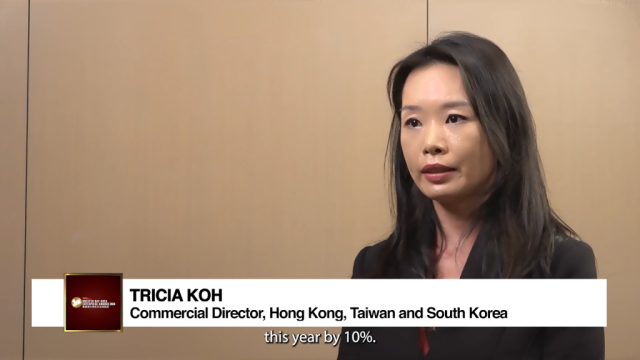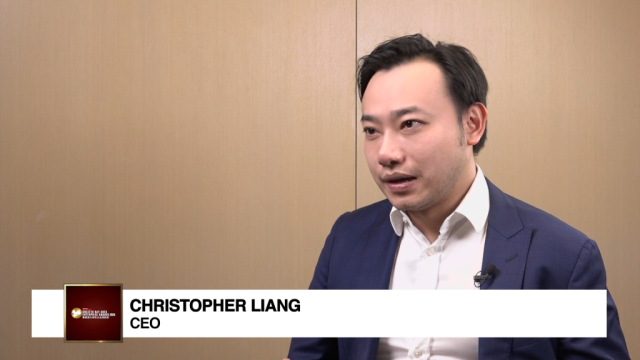
Smaller, under-owned markets might surprise in 2016: report
They've silently been outperforming.
It has been noted that without anyone almost noticing, the smaller ASEAN equity markets have quietly outperformed of late.
According to a research note from Jefferies, despite running current account surpluses (a small deficit in Indonesia), low inflation and in most cases improving terms-of-trade, the equity markets appear to have become ignored.
Equally, their currencies appear to have already made significant adjustments both against the dollar and the RMB. While it is true that global trade is weak and the export environment is under pressure from a global inventory glut, companies appear to be able to generate enough free cash-flow to keep their dividends in place.
Here's more from Jefferies:
Moreover, in contrast to their emerging market peer group in Latin America, there has been little pressure to raise rates. Indeed, as we noted in Indonesia: In From The Cold?, the decline in inflation has allowed the central bank some room to ease policy given that real interest rates have been relatively high.
FX reserves also appear to have stabilized. Although the economies are not experiencing the top line growth during the Halcyon period of 2005-2007 and 2009-11, this is now reflected in equity valuations and domestic consumer sentiment readings. Almost unseen the Malaysian central bank, Bank Negara (BNM) cut its statutory reserve ratio (SRR) by 25bp to 3.5% on 21 January while leaving interest rates unchanged.
Although concerns over currency weakness and the high level of foreign debt probably inhibited the central bank from cutting the main rate (3.25%), the fact that the country still runs a current account surplus offers the economy some respite. As we highlighted in Asia 2016: From Mercantilism to Services, Thailand’s economy struggled to grow in 2015.
Thailand’s most recent economic data has been notably uninspiring, as weak exports, political uncertainty and ongoing destocking have impacted the economy. However, there is little pressure on interest rates to rise and the central bank has plenty of room to keep rates on hold at 1.5% since it was last cut in April, 2015. Inflation remains subdued.
During 2015, the Baht’s REER dropped over the year by around 4%. Tourism now accounts for 10% of GDP and has been one of the few bright spots in the economy this year. We upgrade Thailand to Bullish. Overleaf, we highlight stocks within the region offering potential high share price appreciation along side their valuation metrics.






















 Advertise
Advertise








